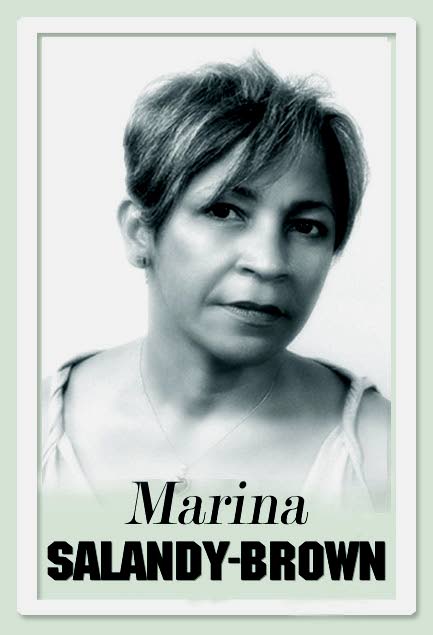Our migrant/refugee ‘problem’

The biggest, immediate challenge facing the world as we end the second decade of the 21st century is knowing how to manage the large, illegal international movement of people. The present, seemingly unstoppable tide of shifting humankind speaks of a breakdown in government, politics and society on the one hand and the heartless opportunism of many, including politicians, on the other.
Human beings have been on the move ever since homo sapiens appeared some 200,000 years ago in Ethiopia. We moved in waves out of Africa around 60,000 to 70,000 years ago and into Eurasia, expanding along the coast to India and reaching Southeast Asia and Australia around 50,000 years ago. According to the excellent work emerging as part of the National Geographic genome project, we know that a second group of African ancestors made their way inland some time after 50,000 years ago, populating the Middle East and southern Central Asia. From there they moved into Europe and the rest of Asia. Genetic and palaeontological records reveal that about 20,000 years ago a small group of those Asian hunters used the then land bridge between the Asian and American continents and populated America all the way down to its furthest southern tip over the next 1,000 years (see https://genographic.nationalgeographic.com/human-journey).
All the migrations were propelled by climate change which caused periods of starvation, by disease, by endless conflict and the desire to conquer. Once agriculture had settled the hunters, populations exploded and empires and civilisations appeared. Great sea voyages took place that moved people much more quickly and effectively than over the previous millennia. Roads, railways and air travel later accelerated the spread of human beings all over the world.
Mass migrations were all well and good once there were empty continents to explore but we now inhabit all corners of the planet and the people who set down roots there and made that land theirs do not want new waves of people turning up, adding to existing social and economic pressures. In Europe, where millions have arrived over the last decade, escaping war and famine in failed states in Africa and geopolitical disasters in the Middle East, there is a decided effort to button down the hatches and secure their borders. A significant reason is the proven correlation between crime, terrorism and the refugees or migrants. In Germany, which argued for open borders, government research shows that over 90 per cent of the large increase in crime can be attributed to young male migrants, according to a report in the Spectator.
The question of race and ethnicity is always core to the problem with migration, legal or illegal. In the 1940s, Britain called upon its colonial subjects to help in the war effort and in the 1950s on West Indians to help with the post-war effort. Yet those subjects, who thought they were merely moving within the Empire and were not migrants, per se, were most unwelcome guests, seen as rivals for jobs, putative criminals and culturally primitive. Democracy is about politicians doing the bidding of the people, and soon politicians realised that “tightening immigration” was a vote winner. They then began strategically wheeling out the mantra at every general election, the rhetoric changing now to matters of “security” and “border control” in the wake of fanatical Islamic terrorism in London and other big cities.
Deepening the mistrust voters feel about outsiders has become routine political fare everywhere, although many countries do offer migrants generous state support. In the UK, the recent Windrush scandal (in which 1940s West Indians who failed to acquire British citizenship for themselves and their offspring have been refused medical and other state services and also re-entry into the UK) is the inevitable result of nearly 70 years of subtle political criminalisation and outcasting of immigrants that relegated them to second-class citizen status. Despising outsiders has become part of the culture as a result.
In the US, through the sheer impact of numbers, Hispanic migrants have done much better than Africans and Arabs in France or West Indians in the UK, even though it has taken a long time to achieve some sense of justice for all. In TT, the majority of island migrants went below the radar as they look and sound like us but that has not been to their advantage since all migrants need special help to navigate a new society, however familiar. Research into who constitutes the most disadvantaged in our society would probably reveal that they are the offspring of migrants, who, like elsewhere, fall to the bottom, needing two to three generations to recover. These are important socio-political considerations and relate to law and order, so we should get an urgent grip on how we will manage the influx of Venezuelans and other economic refugees justly and humanely.


Comments
"Our migrant/refugee ‘problem’"